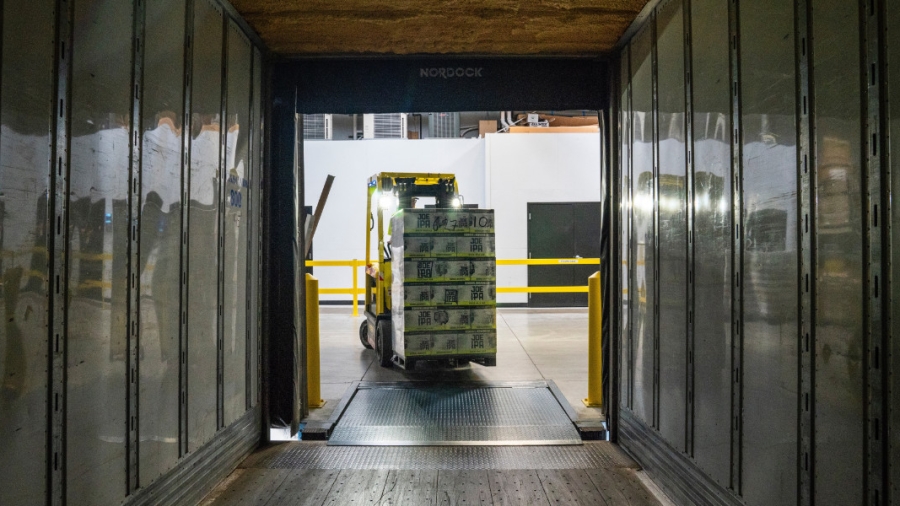Everywhere there are challenges in shipping. Even well-positioned companies feel the impact of emerging trends and supply chain disruptions. While the resilience of shippers is commendable, it begs the question: Is relying on existing reaction-based strategies the most prudent approach to weather this storm? Given the myriad challenges faced, it’s crucial to assess the circumstances that might prompt your business to consider outsourcing tasks to a 3PL.
Exponential Increase in Orders
Every business aspires to grow, and increased contracts generally translate to higher profits. However, when this growth surpasses the capabilities of your current supply chain, engaging a 3PL becomes imperative. Timeliness is paramount, as massive failures can jeopardize business relationships, tarnish reputations, and lead to customer loss. Seeking assistance early minimizes losses during the recovery from an unexpected surge.
Tight Budget Constraints
In situations of tight budgets with minimal room for trimming expenses, a 3PL may not initially appear as a necessary investment. Yet, with their extensive connections and ability to consolidate client needs, 3PLs possess the leverage to negotiate more substantial savings than individual shippers can achieve independently.
Demand for Enhanced Customer Service
The Amazon Effect has heightened customer expectations, emphasizing same-day and next-day shipping, transparency, and 24/7 customer service. The COVID-19 pandemic accelerated these trends as e-commerce became the go-to for household goods. Customers may not be aware of freight challenges, but they expect timely deliveries. If your customers are canceling orders, demanding refunds, or complaining about tracking issues, it’s time to enlist the help of a 3PL to streamline operations.
New Businesses
For nascent companies, the initial phase involves significant learning curves. This critical period in establishing core business initiatives and building a brand can be overwhelming, with new shippers juggling numerous responsibilities. Leveraging a 3PL’s existing distribution networks and warehouses provides a strategic path to generate profits before committing substantial resources to handle operations internally, allowing startups to focus on establishing their identity.
Navigating Uncertain Times
3PLs play a crucial role in risk mitigation by shouldering responsibility for contingency plans and offering protection against lost or damaged goods. If your company faces recurrent capacity crunches or struggles with inaccurate inventories, enlisting professionals to identify and address core issues proves cost-effective.
Transporting Perishables
Shipping disruptions due to capacity constraints, border restrictions, and supply chain issues pose significant risks, particularly for perishable goods. 3PLs bring valuable expertise to navigate these challenges, ensuring the safe and timely transportation of perishables, including critical items like medicine.
International Market Operations
Entering international markets can be complex, and even established shippers face surprises from regulatory changes. If your shipments experience costly delays, a 3PL can efficiently handle customs, documentation, duties, and border developments, serving as a timely investment.
Expansion Plans
Utilizing a 3PL eliminates the guesswork when expanding into new regions. Access to distribution centers, local labor forces, scalable warehouses, and established tech systems for transparency and inventory management provides a cost-effective strategy for entering new territories. Whether due to a lack of internal resources or an inability to keep up with current events, 3PLs are a valuable consideration for companies looking to expand.



